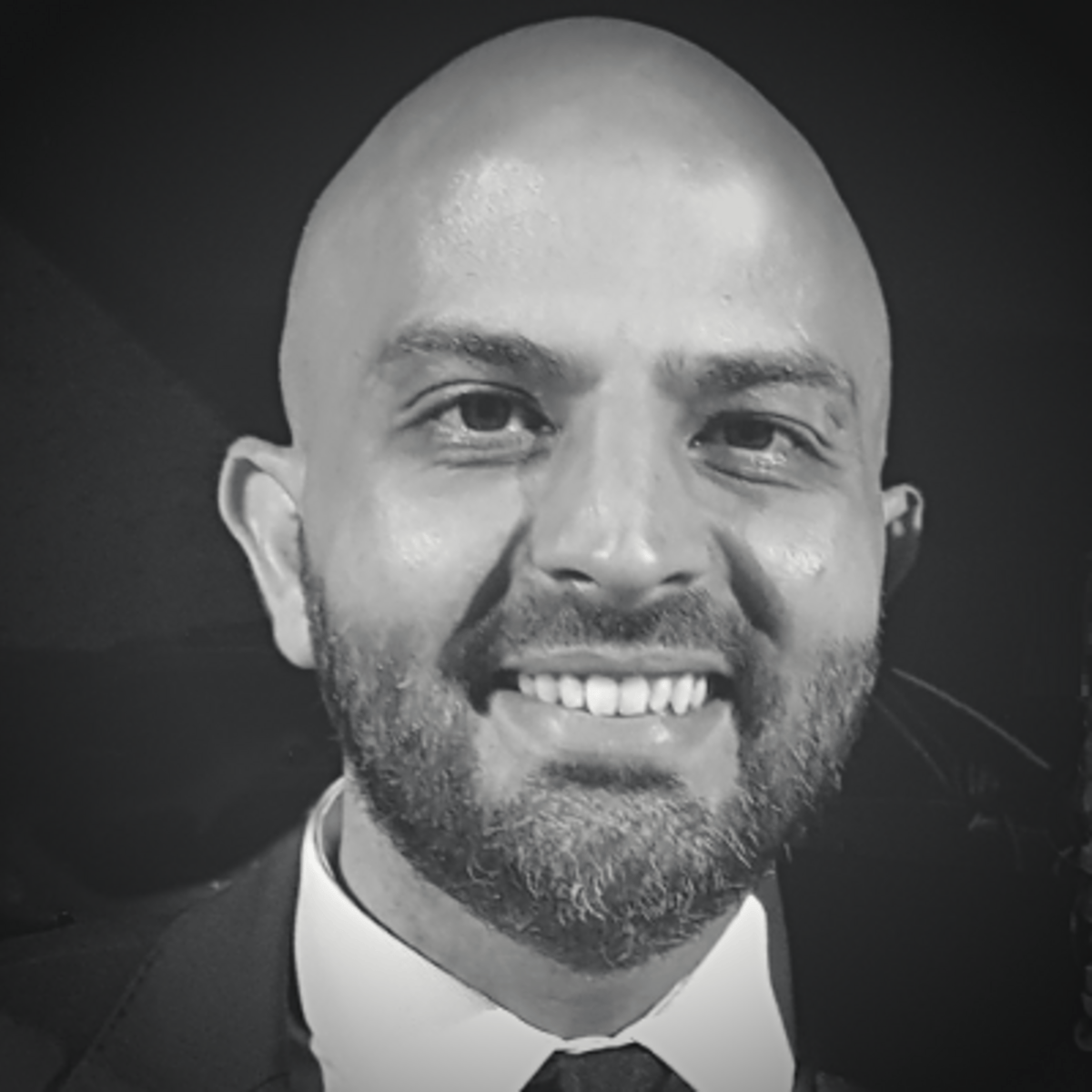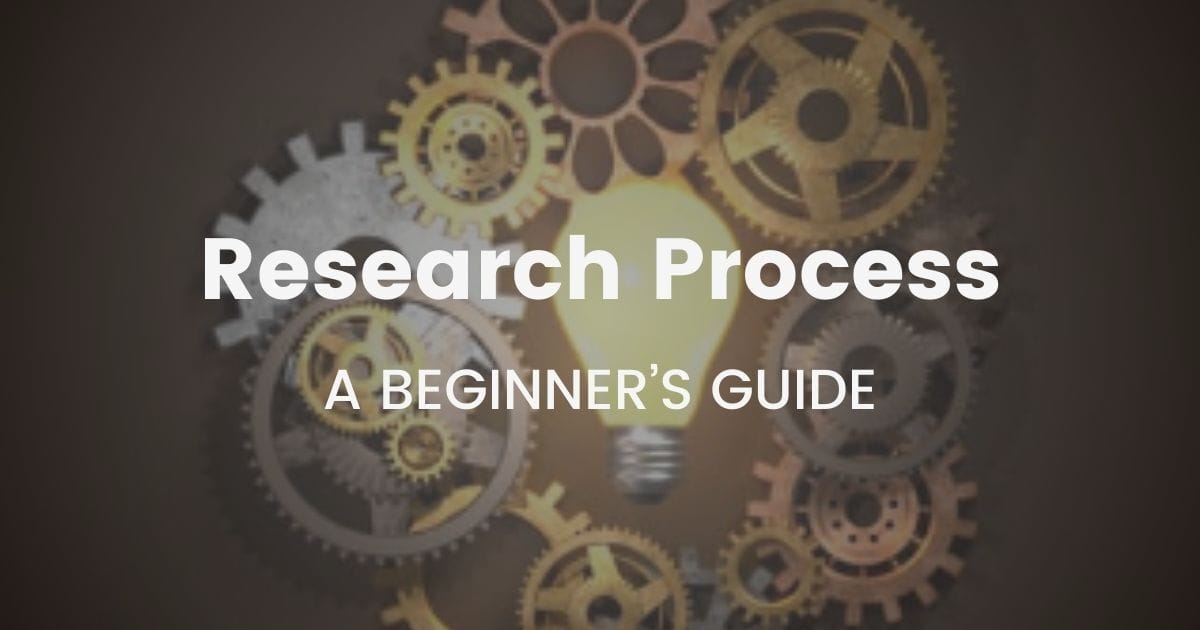Read on my website
Read time: 4 minutes.
One common challenge faced by many researchers is how to approach the research journey.
Whether you're a master's student, a Ph.D. candidate diving into your field, or an early-career researcher looking to improve your skills, understanding the research process is important in academia. Here, I want to go through the main steps of this process (future newsletters will cover these steps in more details):
Step 1: The search for the Perfect Topic
This is the most crucial step. This is where your curiosity meets the golden opportunity. I like to start by exploring my own interests and passions. I reflect on what I like? What makes my brain tilt? What questions trigger my curiosity? What type of topics gets my attention? Doing something we like is always easier. I like to see the perfect topic as a mix of personal meaning and relevance to a chosen field.
One way of finding a relevant topic/field is to go through the literature within your area of interest to uncover gaps in existing knowledge. Look for emerging trends, pressing challenges, or unknown territories. As you explore these areas, you'll start to identify potential research questions.
Here, I wrote a post with more tips on how to choose a research topic.
Step 2: Developing Research Questions
I remember that I was struggling to formulate research questions in the first draft of my first paper. My challenge was mainly due to the fact that I was too ambitious in my research project and also too vague.
Now, I usually start a study by developing research questions. I consider them as guides. They offer direction and clarity to my research project. The best research questions are laser-focused, doable, and crystal clear.
If you are not too sure where to start, begin with broad questions related to your topic and then reformulate them to more specific inquiries that your research can answer. For example, if you're initially exploring the vast topic of climate change, you might narrow it down to exploring its impact on a specific ecosystem or population. There are also lots of possible research questions from different perspectives (modeling climate change in mathematics and computer science, prediction with Machine Learning, policies, regulation, social impact, and economic impact…)
When shaping your research questions, I like to consider the following important elements:
Relevance: Is my question a hot topic in your field?
Feasibility: Can I realistically answer the question given my available resources and time?
Clarity: Is my question free from ambiguity and confusion?
Originality: Does my question add to existing knowledge and/or challenge the status quo?
Step 3: Planning research through a Literature Review
Before starting a research project, I like to explore the existing knowledge. I see the literature review as a map of prior research on my topic(s). It helps me discover the essential theories, relevant findings, and gaps in the existing literature.
To conduct a literature review, I follow the below steps (upcoming newsletter about this with more details)
Wide search: I use academic databases, such as the Web of Science, a lot to explore journals, books and conferences to find relevant sources.
Evaluation of Sources: I use Web of Science because I know the content is peer-reviewed. This gives me the reliability and quality check of each source. Peer-reviewed articles and scholarly books are usually best friends.
Organize the sources: Anytime I find something relevant, I export it to a references management tool, such as EndNote. This gives me a structured database of content of interest. I also write down notes on very relevant papers and use a star-rating system to mark their relevance.
Spot the Gaps: Based on my reading, I now know where my research can shed light on uncovered topics, share new insights, or offer new perspectives.
Step 4: Defining Research Objectives
With my research questions and a solid understanding of existing knowledge, it's now time to set research objectives. Think of this as what needs to be done. These objectives represent what you want to uncover, measure, or analyze.
Remember the acronym SMART. Each objective should be:
Specific: The objective should clearly state what you want to achieve.
Measurable: I need to know how success or outcomes will be measured.
Achievable: I make sure objectives are realistic and attainable within the scope of your study.
Relevant: They should align seamlessly with research questions and the purpose of your research.
Time-bound or Trackable: Objectives should have a defined deadline and effective evaluation. With clear success measures and a set deadline, tracking progress should be much easier.
Step 5: Choosing the Right Tools for the Job
The research methods are the tools researchers will use to collect and analyze data, answer research questions, and achieve your research objectives. The choice of methods also depends on the nature of the study and the type of required data.
Common research methods include experiments, observations, interviews, surveys, content analysis. The choice of methods should match with research questions and objectives.
Recently, technology has also made research easier (literature review, science mapping, references management, data analyses, visualizations, scientific writing, publishing etc…). In future newsletters, I plan to share with you some tools I personally use that make my research life easier.
In Conclusion:
From selecting a topic to developing research questions and defining objectives, the research process is a trip in constant evolution. When working on research projects, remember that curiosity and discovery are probably the best research friends.
I like to stay open to new ideas and adjust my research based on my/others’ findings. Research also comes with challenges along the way which should not discourage us. Each challenge, turn or twist is also what makes researchers make significant marks in their field.
The unknown is waiting for us, and our discoveries will shape the future.
Happy researching and Happy time!
Jamal

